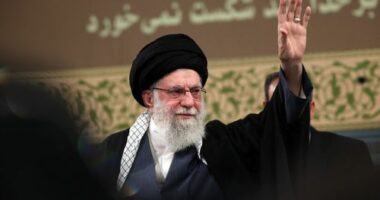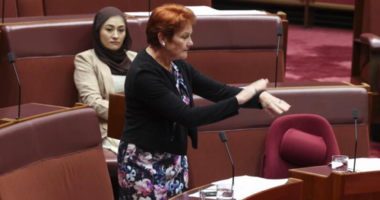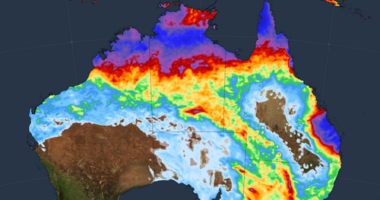Share this @internewscast.com
Among the landscapes where ancestral tales resonate through the wilderness, the Dja Dja Wurrung have made history as the first group of Traditional Owners to officially start local treaty discussions as part of Victoria’s state-led Treaty initiative.
“If every Dja Dja Wurrung person feels something from the treaty process, I’ll be satisfied we’ve done the right thing.”
Victoria: The national leader for a treaty
Since this initiation, the First Peoples’ Assembly of Victoria (the Assembly) has spearheaded a groundbreaking effort to reshape the interaction between Indigenous People and the state.

“Our community has been direct — they demand action and earnest treaty discussions,” she conveyed to those present at the Dja Dja Wurrung cultural event.
Local aspirations, global context
For communities like the Dja Dja Wurrung, this is about reclaiming autonomy and creating lasting impact.
Economic justice and cultural renewal
For the Dja Dja Wurrung, that means having a say in local economic planning, land use and service delivery, with an emphasis on housing, education and language revival.
A national path forward?
“We need clans and nations represented at the local government level. Real change starts in community, not Canberra.”
A promise to the future
They are reclaiming their future. And in Victoria, the road to Treaty has already begun.












